
Photo courtesy of Cho-Yeh Camp & Conference Center
“Understanding Generation Z in the Workplace,” published by Deloitte, raises the question: How can my industry adapt to attract Gen Z workers? Each organization needs to answer that for itself, but working at camp sure seems to meet the desires of Gen Z workers. Why?
Because Gen Z wants work that is interesting and impactful. They want to work on a team of unique people and become leaders in their field. The article says that as work adapts, we need people with many different talents, interests and areas of knowledge. Here’s how camp achieves that:
Work that is interesting and impactful
Why spend the summer staring at a computer screen when you could be paid to spend time outside, lifeguard, lead games and run the ropes course? Working at camp is anything but dull! It also offers the chance for Gen Z to make an impact, mentor younger kids and provide them with a safe and fun environment to grow and create new friendships.
Collaborating on a unique team
Camp staff come together from all across the country (sometimes even the world) for the united purpose of serving kids. Each staff member has a different work style, life background and personality. Being part of a diverse camp team means developing excellent teamwork skills and adaptability that benefits Gen Z workers for their entire career.
Robust training and leadership programs
Working at camp means growing and developing as a leader. Most camps provide staff with conflict management strategies and tools for supporting campers, as well as time to bond with fellow teammates. Year-round staff looks for summer staff members who show growth and potential to serve in leadership positions the following year.. All summer long, staff members grow in their creativity, public speaking, problem solving and decision making skills to carry with them in the future.
A variety of different talents and interests
“The future of work will call for a return of the Renaissance figure: a person with many talents, interests and areas of knowledge,” Tiffany Mawhinney writes in the article published by Deloitte.
Camp work allows young people to explore a variety of interests and pursue different hobbies and skills outside of their usual role. Throughout a summer, one staff member may have extra opportunities to learn lawn care skills, run the ropes course, cook for campers, write skits and practice first-aid skills. Pursuing different interests allows camp staff to develop as problem solvers and quick learners, which is highly valuable in today’s quickly changing workforce.
Does working at camp sound like a great fit for you? Find a camp job here!








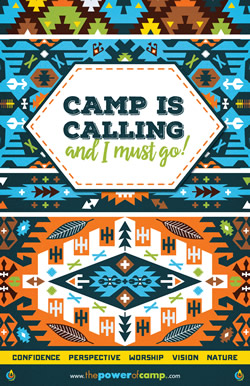
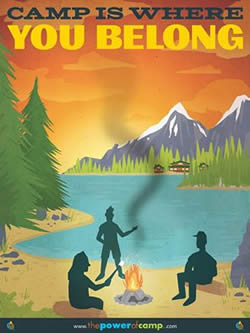

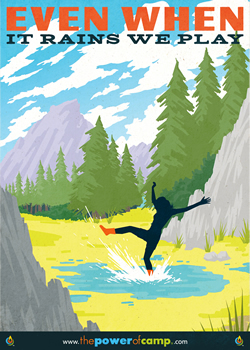
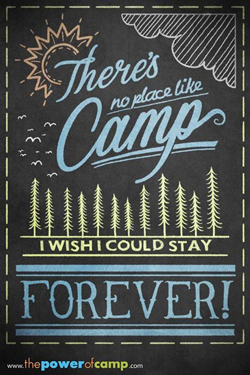
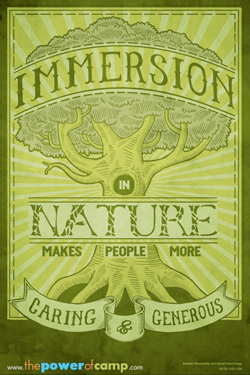
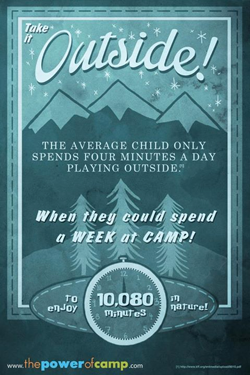
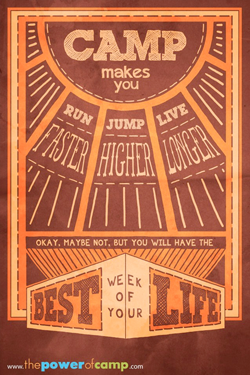
 INSTAGRAM
INSTAGRAM FACEBOOK
FACEBOOK TWITTER
TWITTER YOUTUBE
YOUTUBE